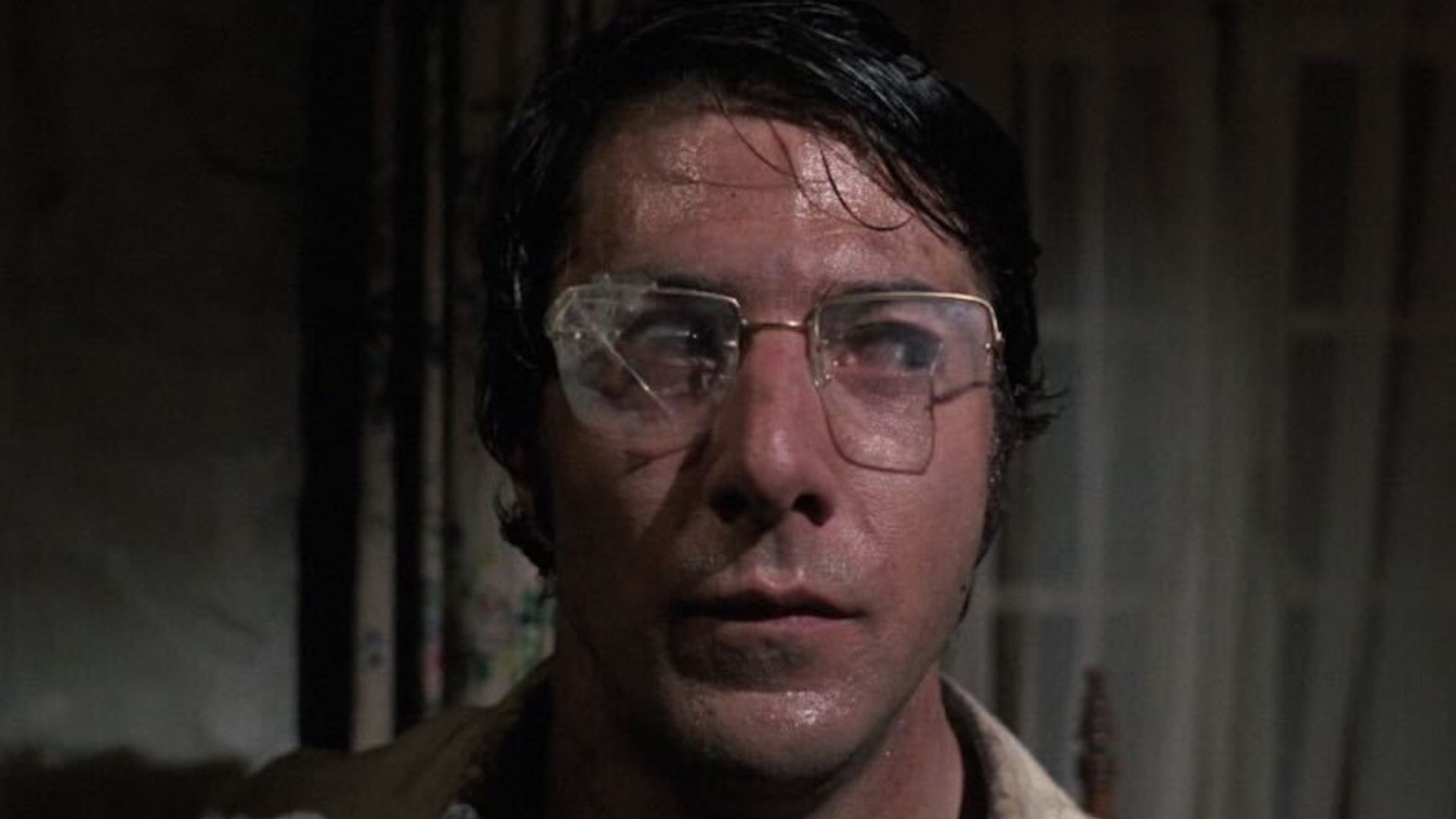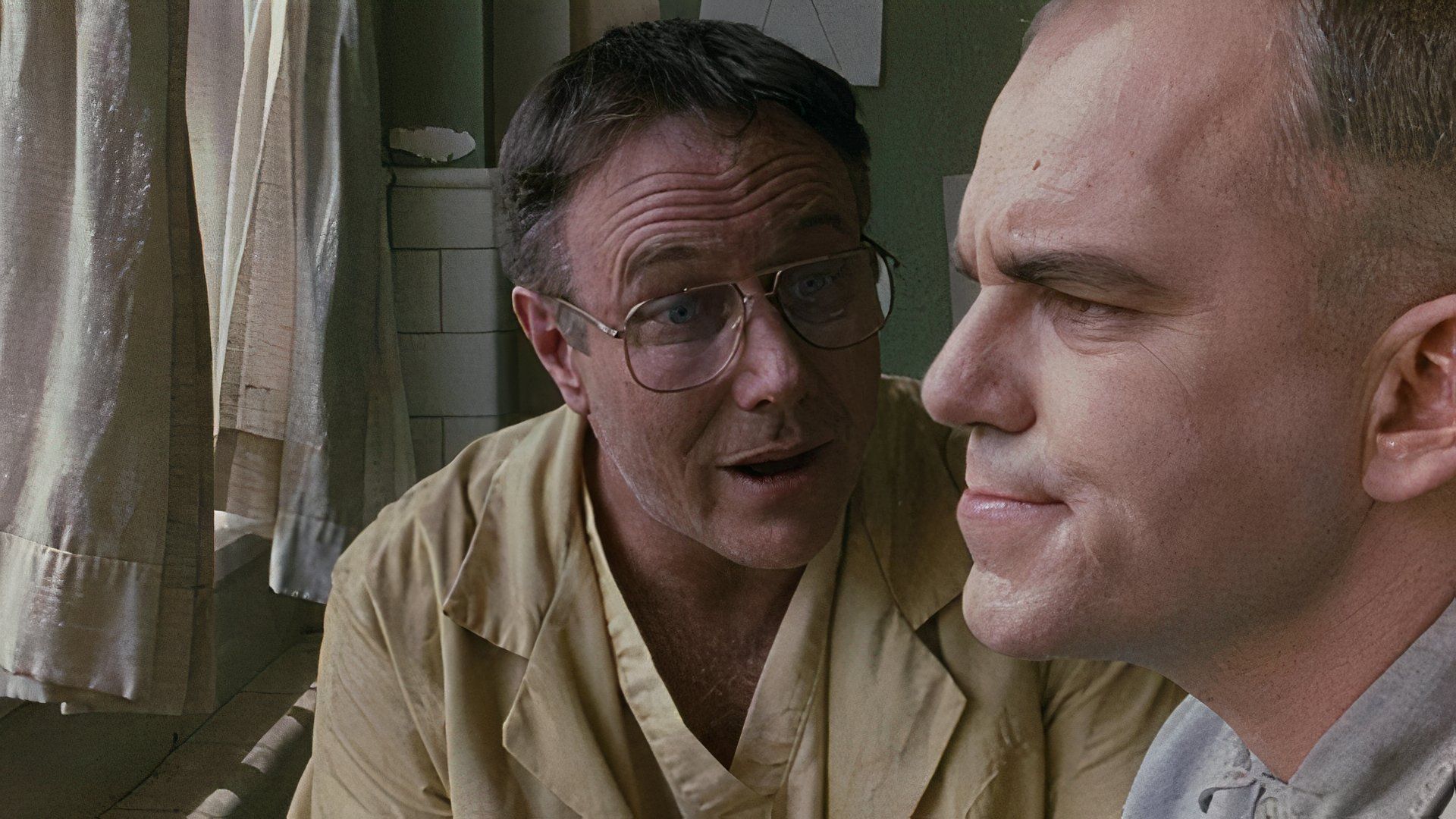It’s an understatement to say we’ve grown accustomed to cringing at bad remakes, as filmmakers endlessly scavenge the past. That said, the cash grab isn’t even the most disconcerting aspect. This practice leads to many vintage movies simply being buried, or outright memory-holed. Usually, it’s not done out of spite, but rather out of sheer cold-blooded business sense, classic films are allowed to vanish in order to not interfere with the modern, more marketable version. It undoubtedly helps sales, but it also serves to eliminate older films from consciousness. Award shows remind us that movies are art, but that’s only for show. Amazing films stand the test of time despite their studios, not because of them.
Pop quiz, movie lovers. Who was the star of the 1931 film The Maltese Falcon? If you said Humphrey Bogart, you’re wrong. He didn’t get his chance until ’41, which goes to show how integral remakes are. Let us make it clear that remakes are not inherently worse or unnecessary. The surreal horror film Possession is scheduled to release starring Robert Pattinson, and we have high hopes. You might not have heard of the 1981 movie it’s revisiting, despite the fact it was shot in English, and boasted two relatively big stars. Luckily, you can (as of writing) catch up on the original starring Isabelle Adjani and Sam Neill if you know where to look. That’s hardly the norm though, sadly.
We may be living in the so-called golden age of steaming, spoiled by innumerable choices, but the number of movies absent from streaming services suggests otherwise. Many in the entertainment industry prefer it that way. Sometimes older movies are merely embarrassing. Other times, they are so good they completely overshadow the glossy, new product they are currently trying to sell you. No, these aren’t “lost films” in the traditional sense, they are more like forbidden media or expired media. These are the films that film studios want you to forget ever existed.
The Missing Movie Pattern Explained
A good chunk of all film ideas are retreads; Meet the Parents (2000), Rebecca (2020), Straw Dogs (2011), The Heartbreak Kid (2007), Heat (1995), Fatal Attraction (1987), and Sling Blade (1996) to name a few. If you’re curious about what the first drafts looked like, you are sorely out of luck. They are inaccessible via streaming, stuck in limbo. Short of a VHS or DVD copy, as of right now, you will never see any of these again.
Meet the Parents (1992) is not, strictly speaking, lost. Greg Glienna, the true creator of Meet the Parents, attempted to have it distributed only for Universal — the company that bought the rights — to block his efforts for a modern release due to copyright stipulations. They even forced him to remove a free version from YouTube, despite that Universal had no intention of monetizing it themselves. He explained to the website Little White Lies:
“I don’t know why but they just will not let me show it. I just wish I had a lawyer who knew what he was doing at the time and would have made that clear to me. My lawyer back then didn’t separate the film and the script in the contract, so the wording of it means when they bought the script they bought the film.”
The Entertainment Industry Is Built on Planned Obsolescence
There’s a very logical explanation. The earlier films mentioned muddy the search engine waters and are less marketable. Take Rebecca for example. In 2020, when Netflix debuted a new updated Hitchcock adaptation, having people distracted or confused by the beloved 1940 drama would risk losing ticket-buyers who could inevitably stumble upon a different (and infinitely better) version.
Unfortunately, movies suffer a predictable financial life cycle: a huge blip followed by a prolonged flatline, says How Hollywood Works author Janet Wasko. “It is estimated that about 65-70 percent of all motion pictures earn their maximum box-office revenue in the first week of release,” Wasko points out. “Thus, the strategy is to book a huge a number of screens for the all-important first weekend.” Meaning that an average movie will earn something in the neighborhood of 95% of its total lifetime gross within the first year, then peter off to nothing. Streaming, in comparison, is a pittance and is a poor source of revenue.
The name Batman and the characters still have value, even if the films that cemented Batman’s legacy do not. As a result, Warner Brothers has no incentive to keep promoting The Dark Knight or Batman (1989) or keep them available for screening when they have outlasted their usefulness. Which, considering the impending public domain judgment day, will be sooner than you suspect.
Show business is and always will be a business first and foremost, which we’ll detail below. Sure, you can find some of these online by exploring illicit, transitory YouTube uploads or fly-by-night sites with Cyrillic letters (don’t do that unless you’re also dying to explore malware as well). The result is the same: an inferior version, all because the company that owns them perceives them as a burden, not a legacy to uphold.
Remakes Are the Future; Resistance is Futile
Today, films are perceived by the head honchos as a product with a use-by date, and nothing’s actually changed since the ’30s — only now we call it “content.” However, with streamers culling content, the problem is exacerbated. Films, documentaries, TV shows, and miniseries are permitted to lapse from streaming services, no longer worth the effort of haggling over licensing fees with Apple or Amazon Prime. Where can you find them?
Thorton’s first appearance as Karl Childers is available on Amazon for $34, while LA Takedown will set you back at least a hundred bucks for a used tape, ugh. Good luck viewing Dearden or Glienna’s movies, which is a shame as both are highly regarded. Interestingly, in a sitdown with British chatshow After Dark, Dearden nervously admitted that Diversion was more nuanced and morally complex than the remake, Fatal Attraction, and didn’t necessarily agree with the alterations, control over his own story out of his hands:
Keep in mind, most movies throughout time have had practically zero shelf life, taking up warehouse space as the nitrocellulose film rotted in a tin can or spontaneously blew up a city block. For roughly 20 years, literally nobody saw The Manchurian Candidate. The Passion of Joan of Arc, now deemed one of the best films ever made, was lost for half a century. Who’s to say we won’t repeat history, some kid in 2074 unearthing a rare VHS of a masterpiece Pauly Shore film, unscreened for decades?
Physical media collecting and streaming are modern luxuries that we take for granted, and we seem to be reverting to the bad old days when unprofitable movies rotted in a warehouse. None of this was ever meant to last. At least we’ll always have the public domain. Just remember that the obscure film that is lost to time might one day be your favorite. Don’t worry, there’ll be a modern replacement (or five dozen) waiting in your Netflix recommended list. You can bet on it.



